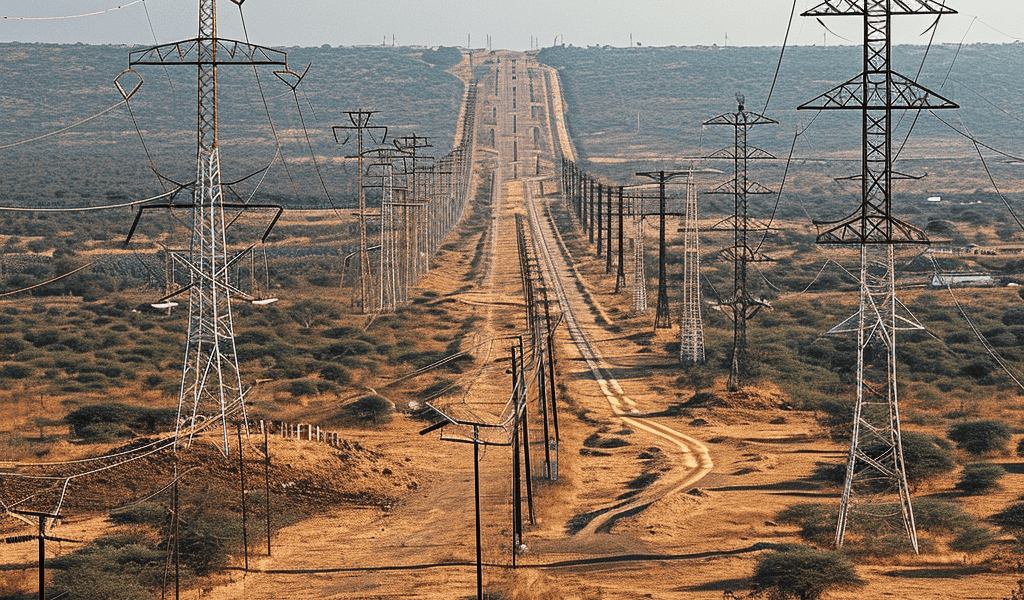Adani Energy Solutions Ltd. to Build 7 GW Renewable Energy Evacuation Network in Gujarat, India
Adani Energy Solutions Ltd. (AESL) has announced its plans to build a 7 GW renewable energy (RE) evacuation network in Gujarat, India. The company has received the letter of Intent (LoI) for the acquisition of Halvad Transmission Ltd. from PFC Consulting Ltd. (PFCCL).
Halvad Transmission Ltd., a special purpose vehicle (SPV) set up by PFCCL for evacuating 7 GW of renewable energy (RE) from the Khavda RE park, will be acquired by AESL through a tariff-based competitive bidding (TBCB) process. The company aims to commission the project in 24 months on a BOOM (Build, Own Operate, and Maintain) basis.
The Khavda RE park, set to be the world’s largest RE park with a generation capacity of 30,000 MW of green energy, will be connected to Halvad in Gujarat through the Halvad transmission line, a part of the national grid.
AESL plans to invest approximately ₹3,000 crore to build, own, operate, and maintain the over 301 km (656 ckm) transmission project for a period of 35 years. The project includes the establishment of a 765 kV Halvad switching station with 2×330 MVAr bus reactors and a line-in line-out of Lakadia–Ahmedabad 765 kV D/c line at Halvad.
Anil Sardana, MD of AESL, emphasized the significance of the 7GW project in making additional renewable energy available to consumers. He also highlighted the company’s commitment to using the latest technology to commission the project with minimal environmental impact.
In a related development, Adani Green Energy Ltd (AGEL) has completed a 1,050 MW joint venture (JV) with TotalEnergies. TotalEnergies has invested $300 million in AGEL subsidiary, acquiring a 50% stake in the projects. The JV houses a 1,050 MW portfolio comprising operational, under construction, and under development assets, including both solar and wind power projects in India.
With this transaction, TotalEnergies has reinforced its strategic alliance with AGEL and extended support to enable AGEL’s target of reaching a 45 GW capacity by 2030.





